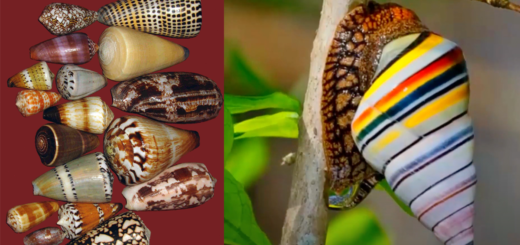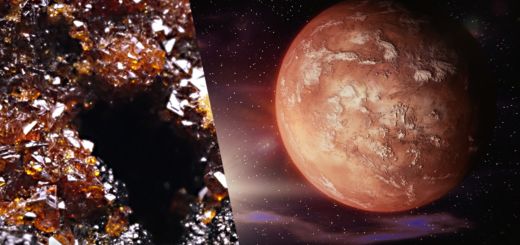Quinoa Nutrition Facts – 39 Interesting Nutrition Facts About Quinoa
Quinoa Nutritional Facts
It binds to bile salts, reducing the re-absorption of cholesterol and thereby reducing bad cholesterol levels in the blood
It is an excellent source of Vitamin B Complex, Vitamin E and essential fatty acids including linoleic and α-linolenic acid besides folates.
Young and green quinoa leaves and shoots as well as flower heads are good sources of Vitamin A as well as anti-oxidants like zeaxanthin, lutein, carotene, cryptoxanthin
Anti oxidants are important compounds which destroy free radicals which if left would precipitate cancer, heart ailments and degenerative disorders.
It is a rich source of important minerals like iron, calcium, potassium, manganese and magnesium
Copper and Iron is crucial for formation of RBC, magnesium and zinc are important for wound healing while potassium is a crucial component in maintaining the heart rate and blood pressure as well as clotting process.
Commercially raw and processed dry quinoa seeds are available year round in US stores.
Most of the Quinoa seeds sold in US are imported from Bolivia, Peru, and other South American countries. They are processed and sold in airtight packets.
The quinoa seeds are dehulled, prewashed and outer Saponin are removed before they are fit for consumption
The seeds are cooked much akin to the way rice and buckwheat is cooked. One cup off Quinoa cooks to three cups and the cooked quinoa becomes feathery, fibrous and attains pearl like transparency and satisfying taste.







